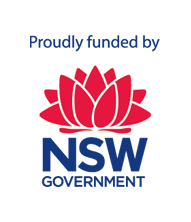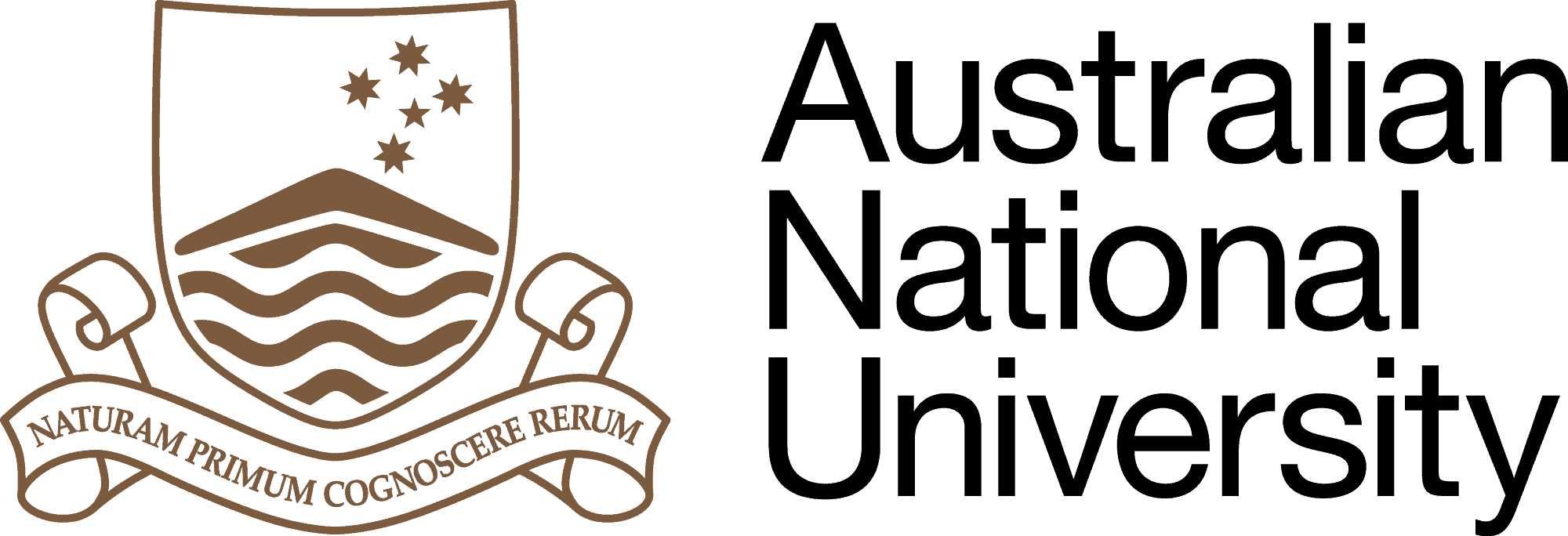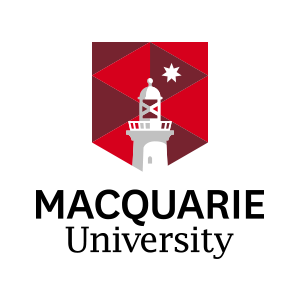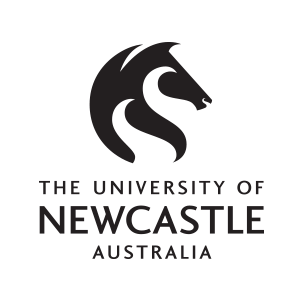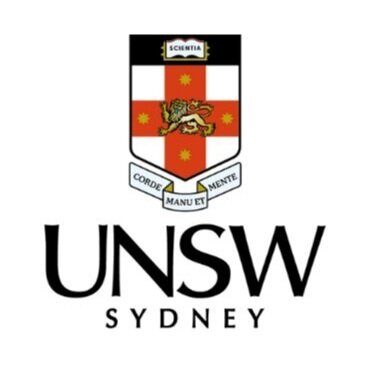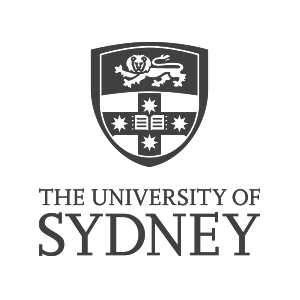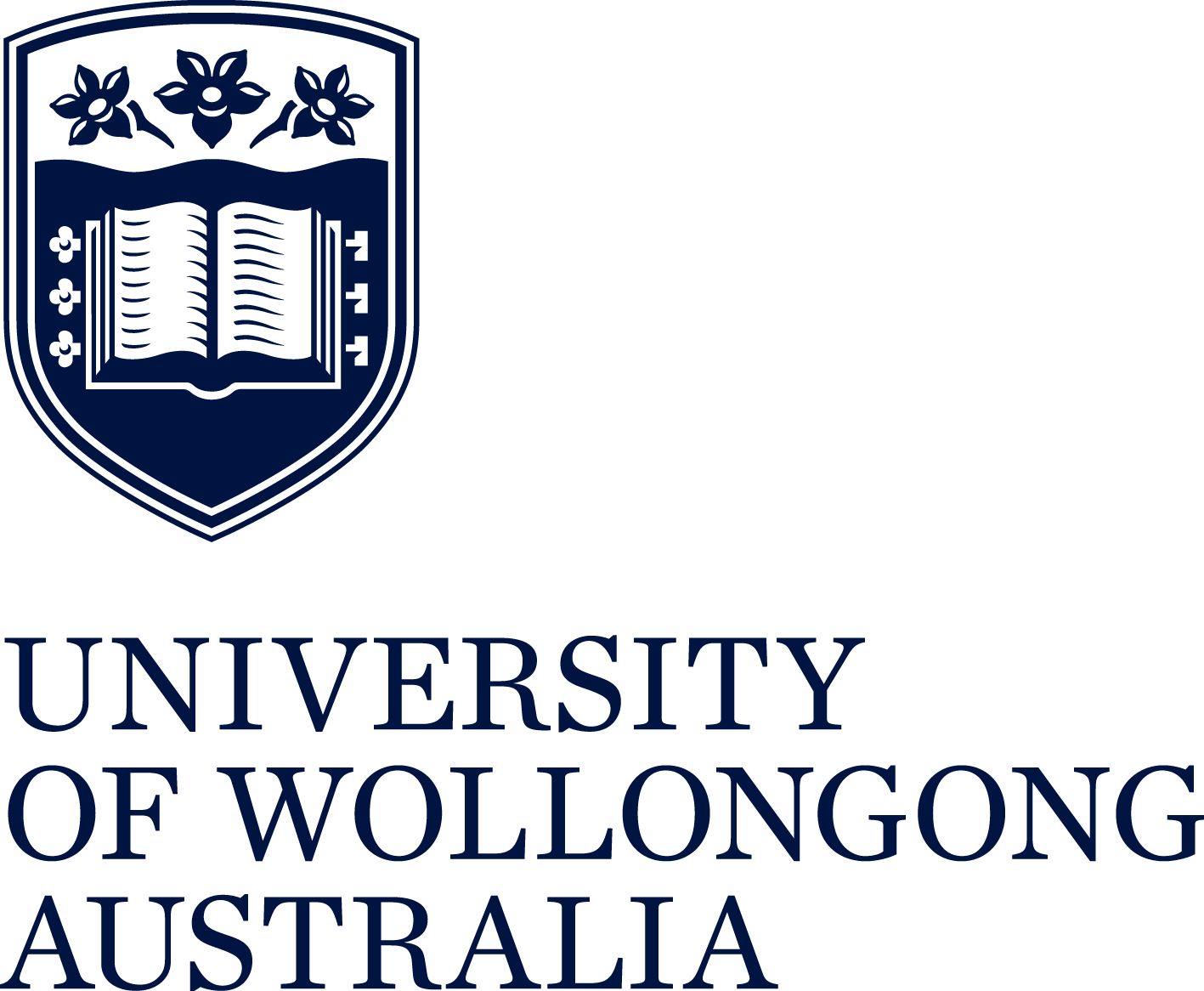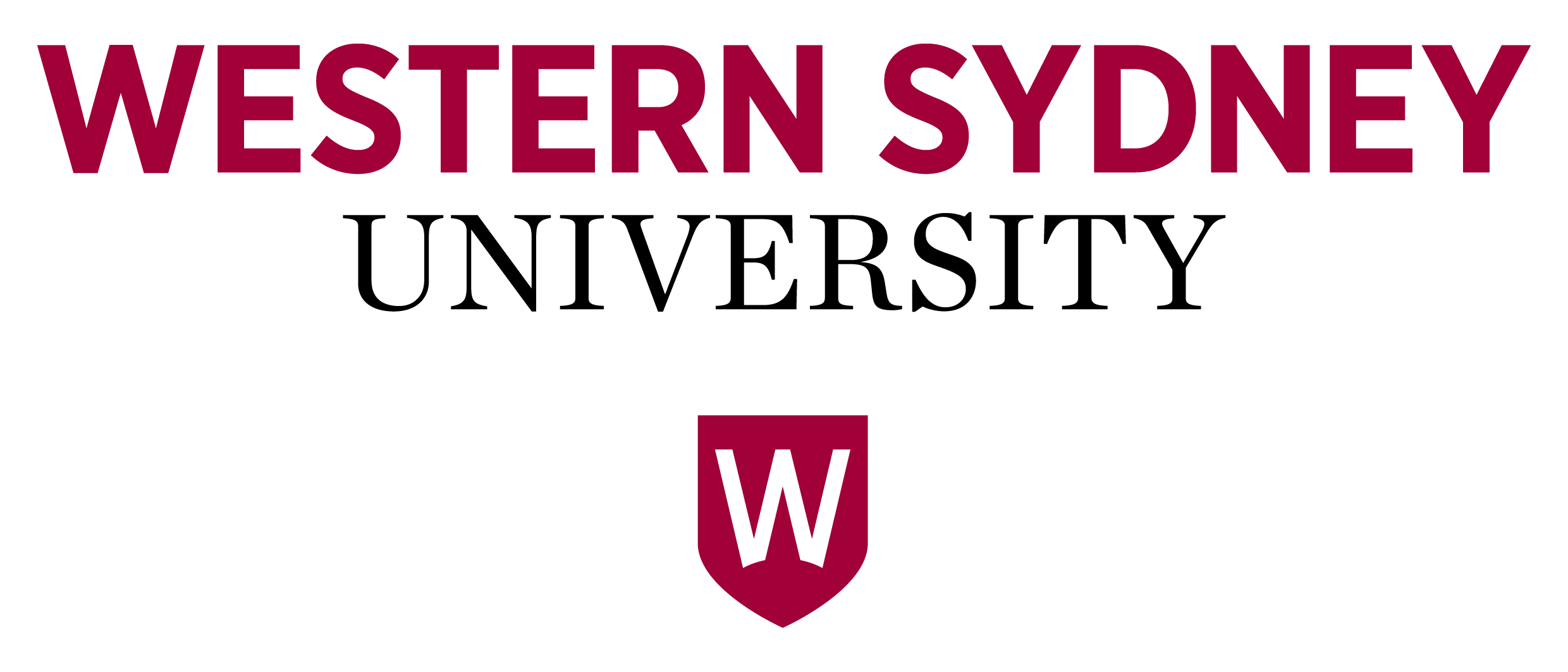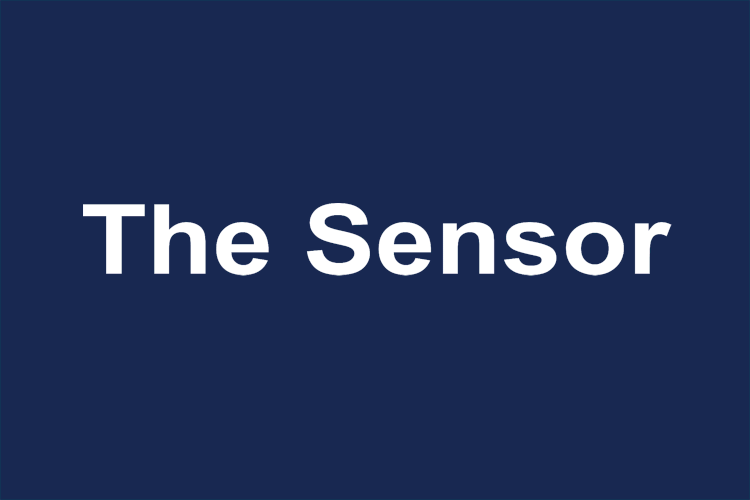
NSW Smart Sensing Network
The NSW Smart Sensing Network (NSSN) is a not-for-profit Innovation Network funded by the NSW Government through the Office of the NSW Chief Scientist & Engineer.
The NSSN brings together universities, industry and government to translate world-class research into innovative smart sensing solutions that create value for the economy, environment and society of NSW and beyond.
Our Impact
Completed
worth over
$17,600,000
Active
worth over
$13,000,000
Our Members
Our members are the leading universities across NSW & ACT.
Our Partners
We work with a wide range of industry and government partners to deliver innovative smart sensing solutions.
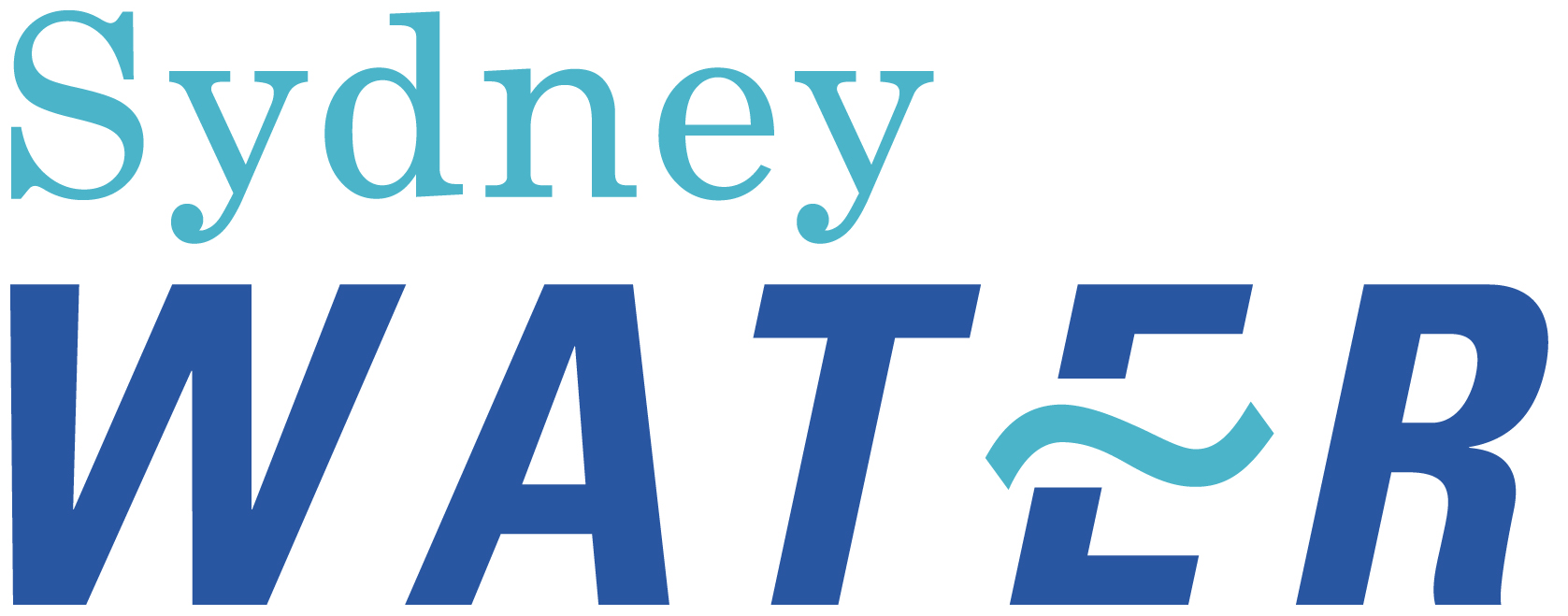

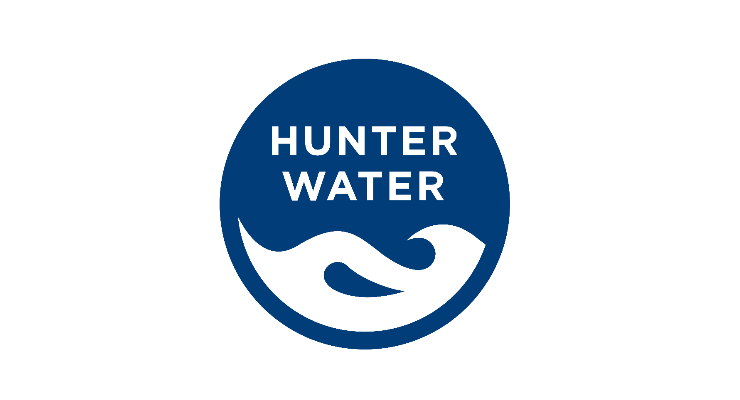
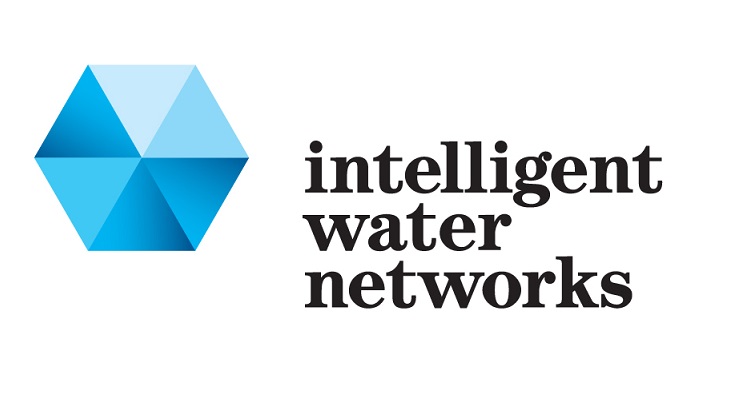
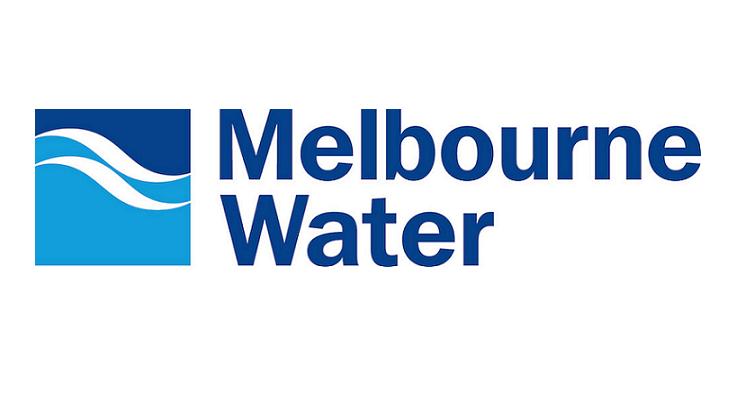
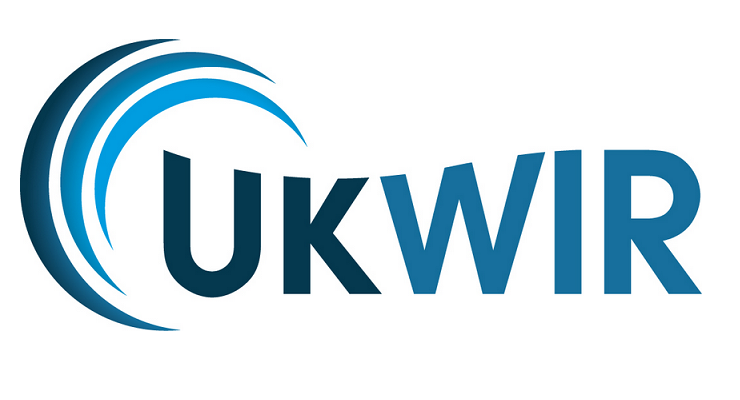
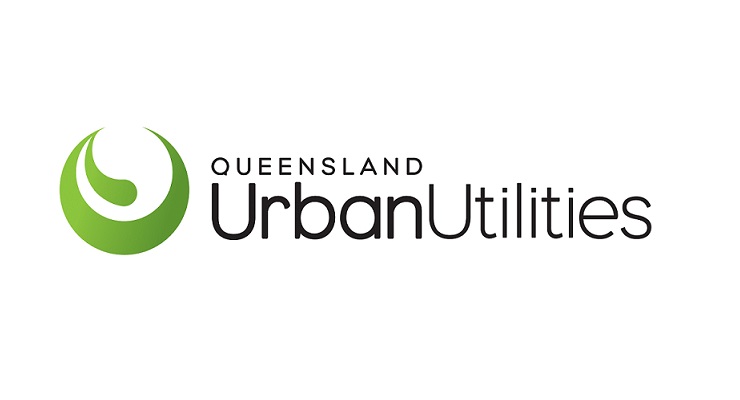
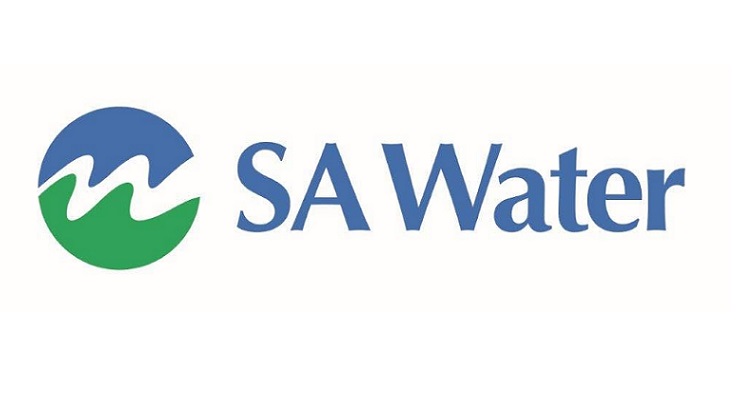
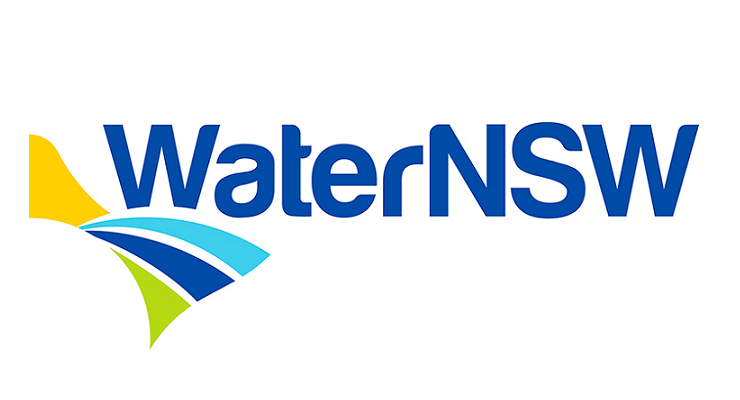
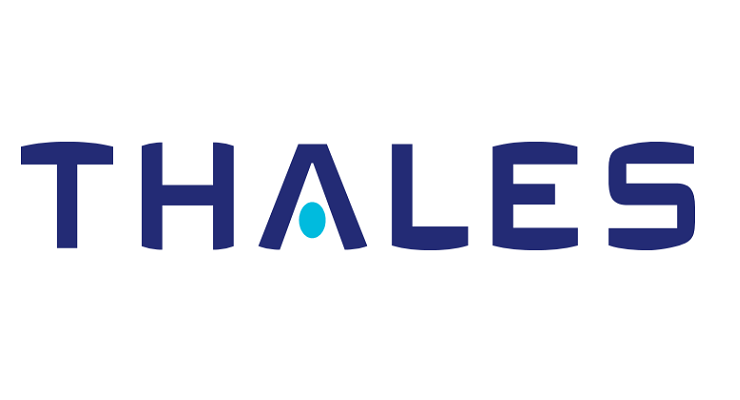
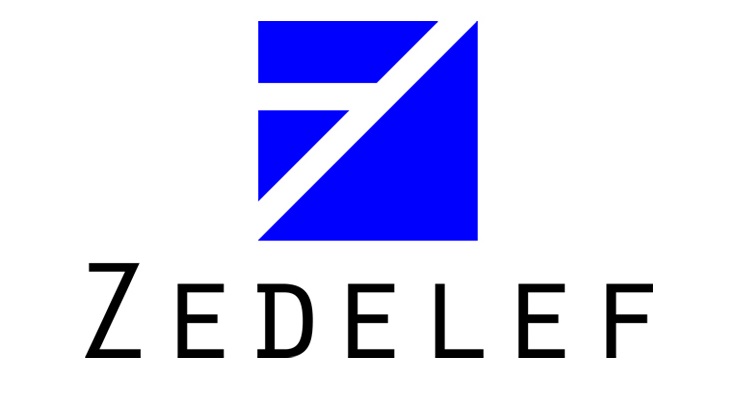
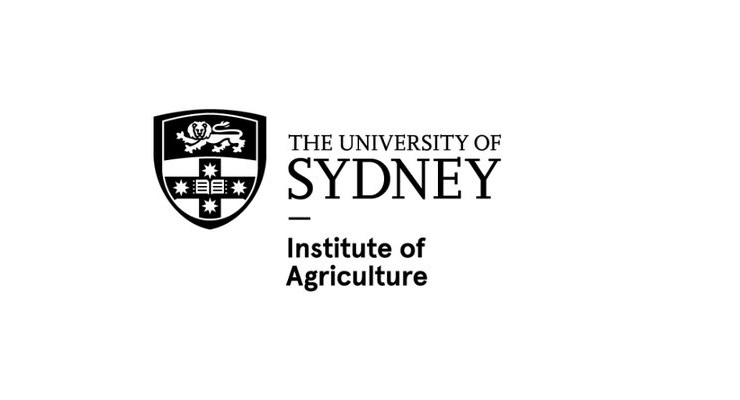
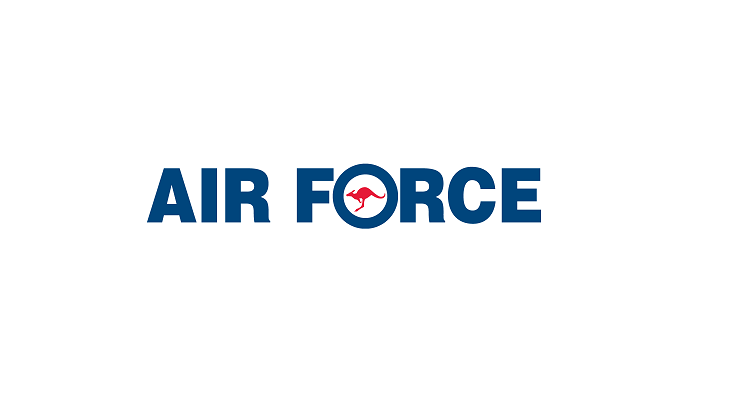
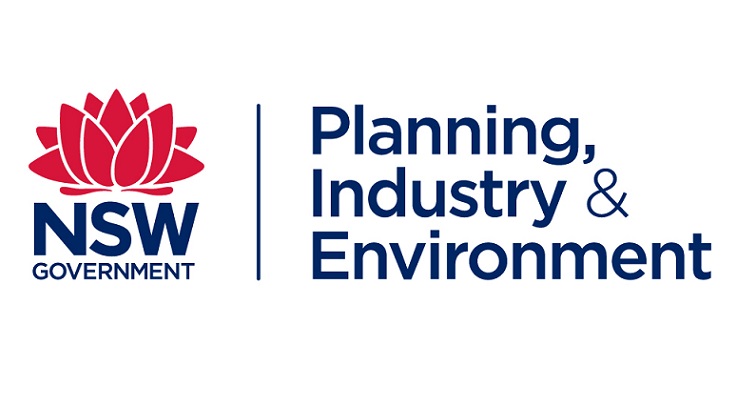


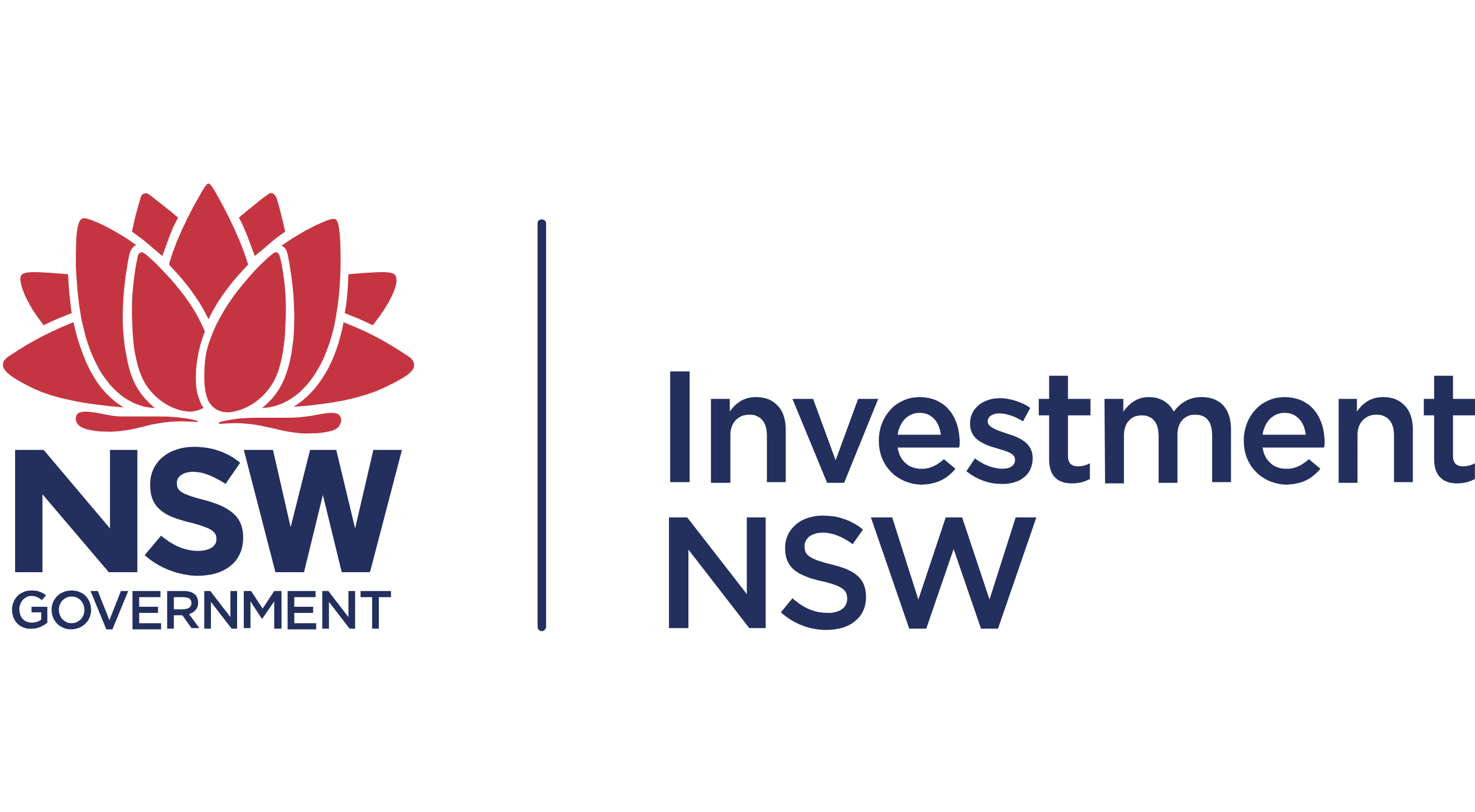





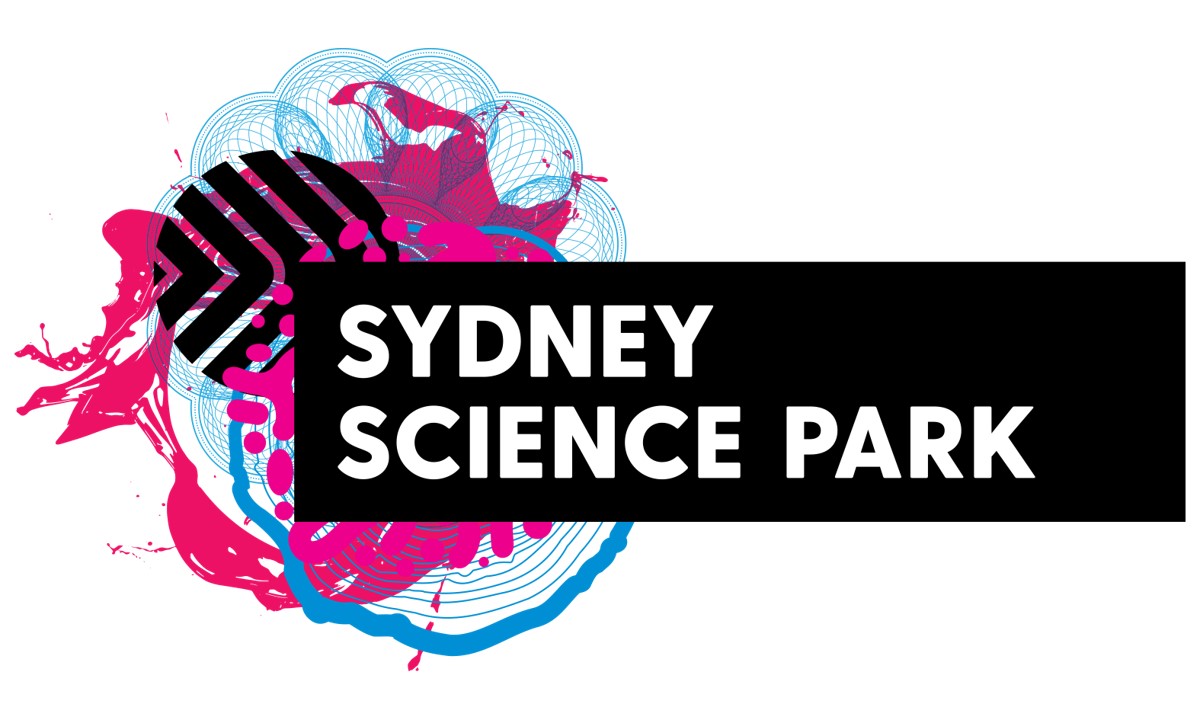

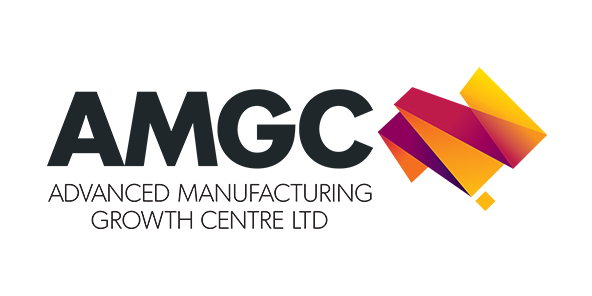

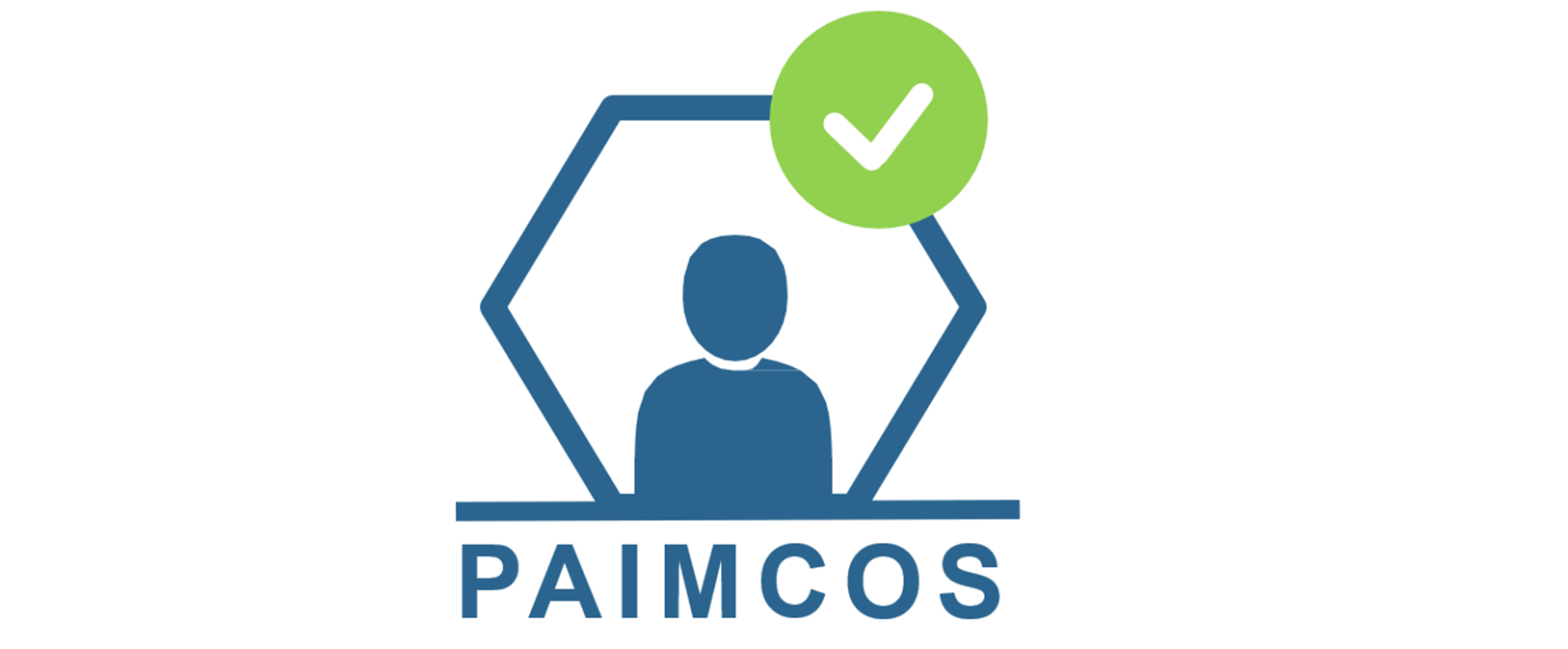
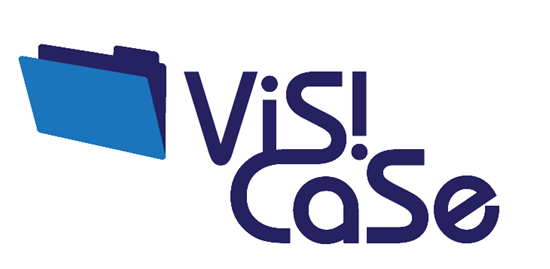
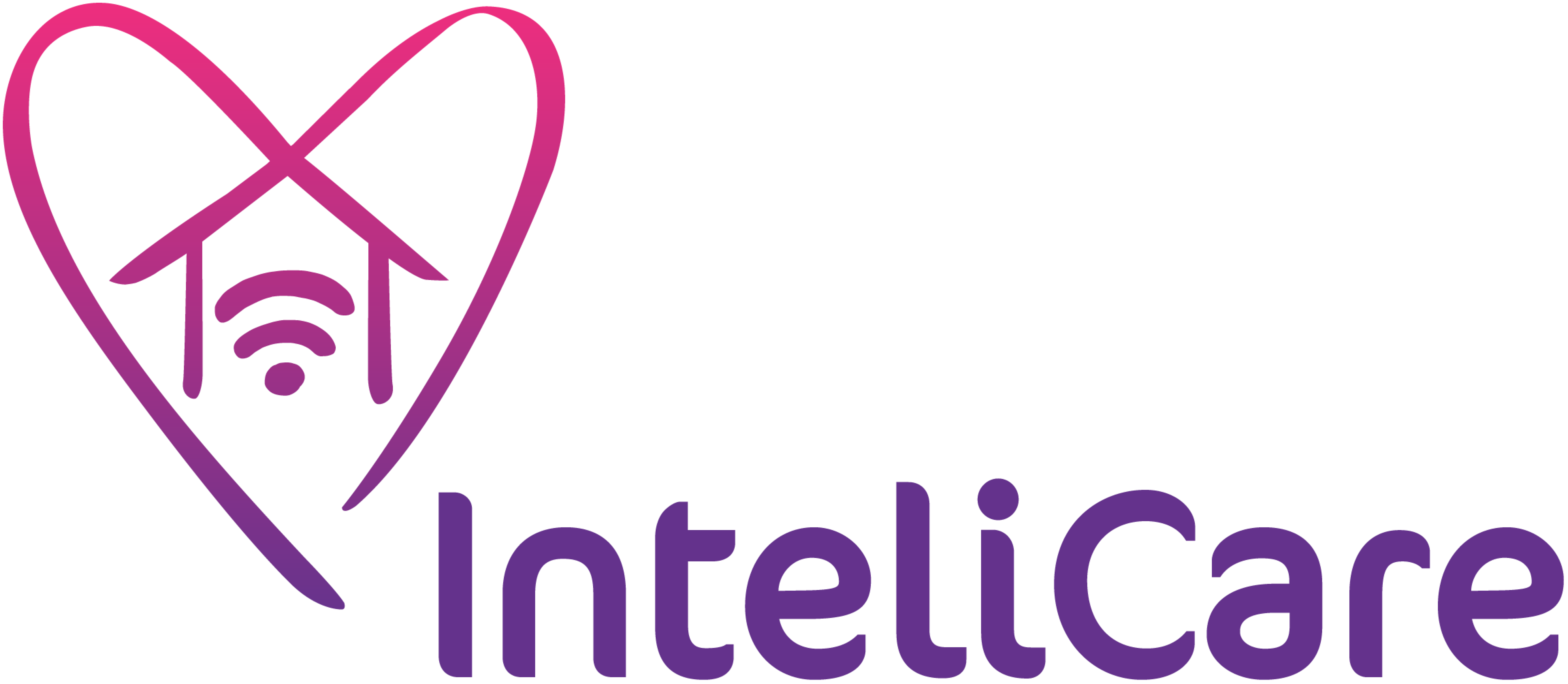
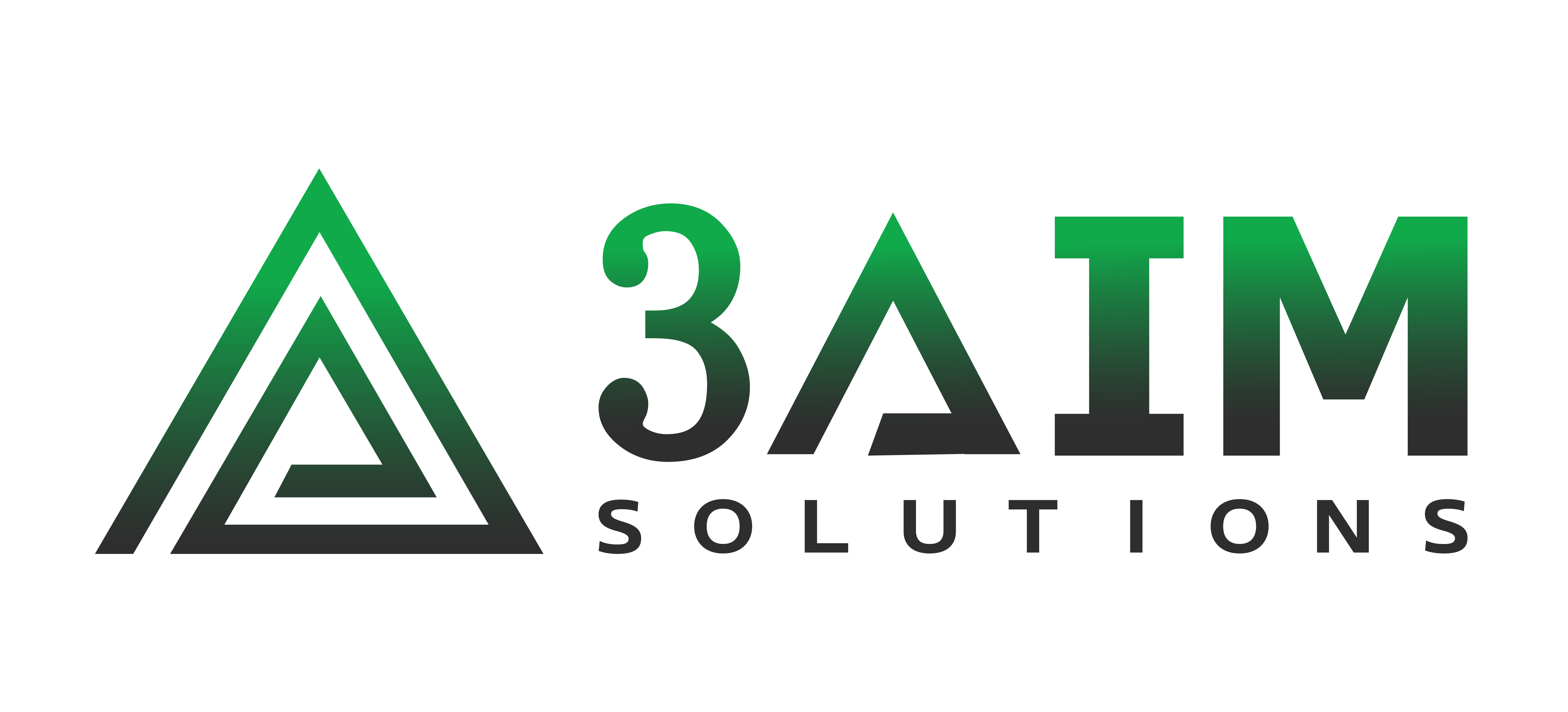
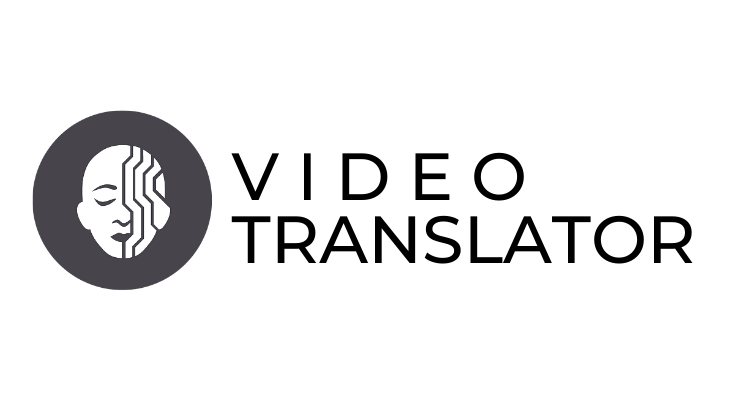



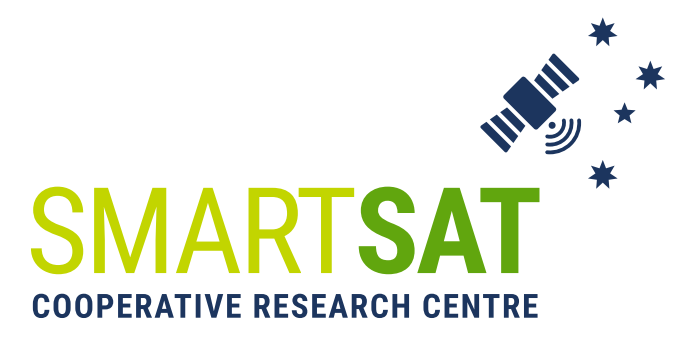
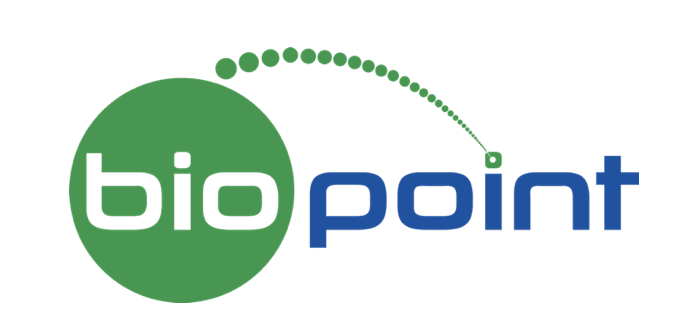
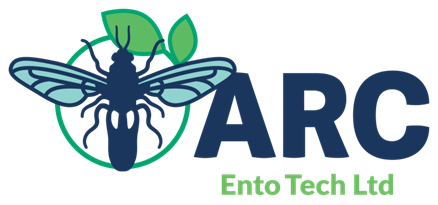
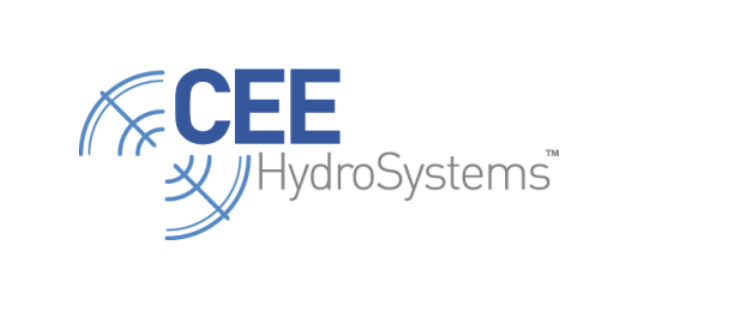

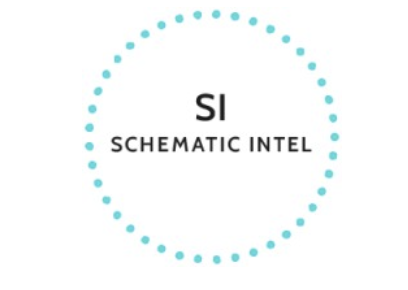

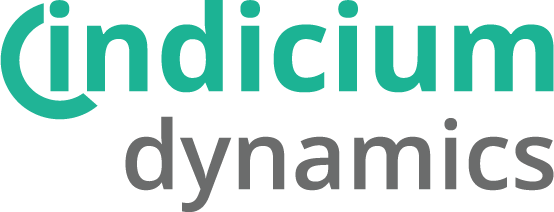
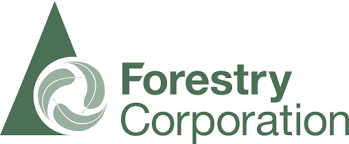











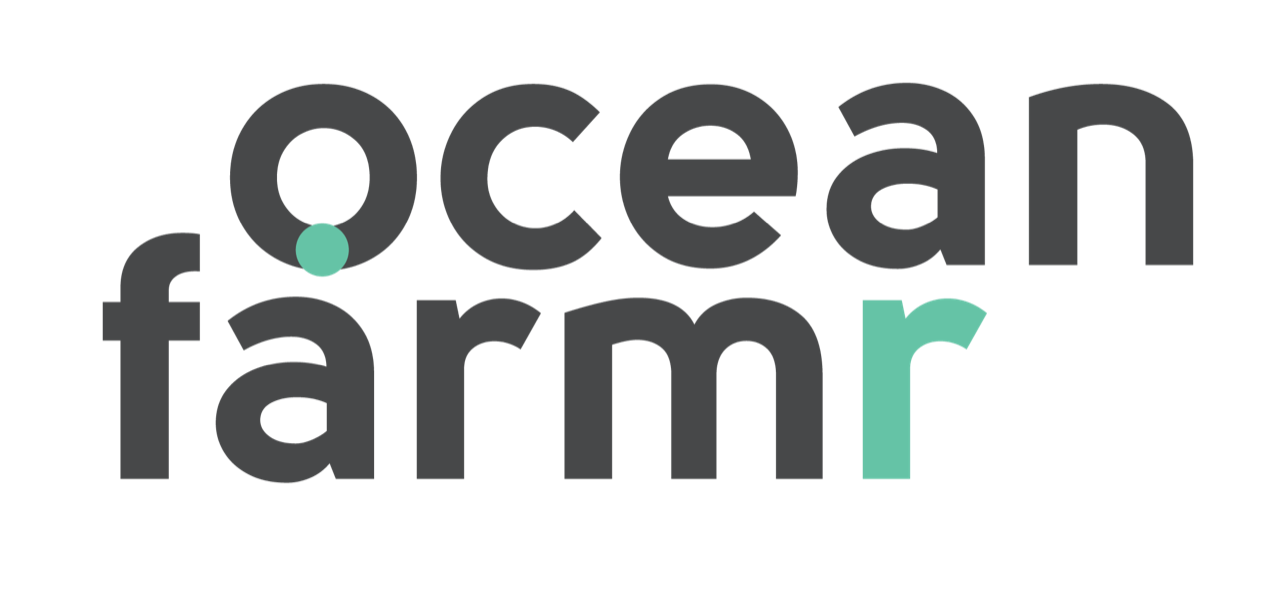
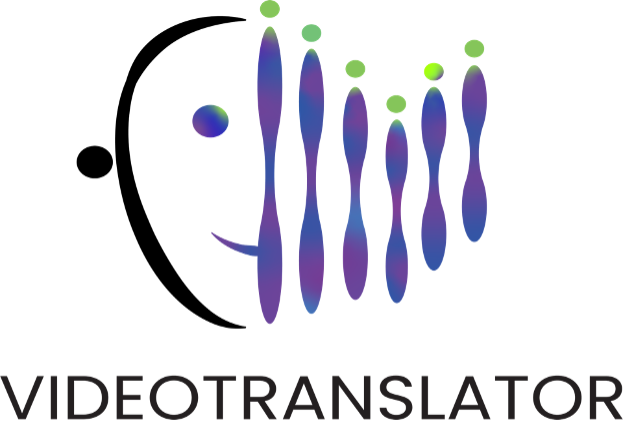
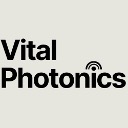
Latest News
This month, UTS and Western Sydney University repurpose BioScout tech to monitor indoor mould; Highlights from the Women in Sensing Summit including Former Chief Scientist of Australia, Dr Cathy Foley’s keynote speech which urged women to be part of a tech revolution; an exploration of pigeon navigation; and learn about DeteQt’s advanced magnetic sensors.
DeteQt, a VC-backed spin-out from the University of Sydney, is developing cutting-edge magnetic sensors that detect what today’s tools cannot. Their technology has the potential to uncover critical minerals with minimal environmental impact, enable navigation in GPS-denied environments like undersea and warzones, and even detect disease in the human body.
Nature has long inspired innovation, with animals offering clues to technologies shaped by evolution. As NSSN Environment & Agriculture Theme Lead Dr Tom Hu writes, the mystery of pigeon navigation highlights how such questions can spark advances across fields like geoscience, quantum sensing, and smart technologies.
Wildlife scientist and the Premier’s NSW Woman of Excellence 2025, Dr Vanessa Pirotta, highlighted the importance of remote sensing and citizen science in uncovering the hidden behaviors of marine animals at the NSSN’s Women in Sensing Summit. Dr Pirotta said tools like drones have revolutionised the ability to study animals such as whales without disturbing them.
An innovative NSSN-backed project is repurposing a device—originally built to detect airborne crop diseases—to transform mould monitoring in homes and help safeguard the health of millions of Australians.
View the photo highlights from the inaugural NSSN Women in Sensing Summit — a day filled with inspiring speakers, dynamic discussions, and meaningful connections celebrating the achievements and impact of women in sensing technologies.
Australia’s former chief scientist Dr Cathy Foley has urged women to be part of a tech revolution in Australia she says will see the industry replace mining as our key export. Dr Foley told the NSSN’s first Women in Sensing Summit that Australia's STEM sector is being held back by a lack of gender and cultural diversity.
The latest Sensing Industry Connect event at Macquarie University showcased cutting-edge collaborations driving innovation in hearing and vision technologies.
This month, we spotlight the upcoming Women in Sensing Summit. Discover how diversity drives innovation and success; learn about a new biosensor designed to monitor health in racehorses and military dogs. Also, catch highlights from the NSW Commercialisation Showcase at UTS.
Watch our highlights of the second NSW Commercialisation Showcase, hosted by the Office of the Chief Scientist & Engineer at UTS this week.
We welcome you to join Net Zero Theme Lead Laura Earl of the NSW Smart Sensing Network, for a tour of Western Sydney University's Hawkesbury Institute for the Environment supported by the Land and Primary Industries Network.
The RPAS in Australian Skies 2025 Conference, hosted by AAUS from 16–18 June at Hotel Realm in Canberra, is a premier event for Australia’s drone and uncrewed systems sector, bringing together government, industry, and academia to explore key developments in policy, airspace integration, emerging technologies, and real-world applications. Peter Runcie, NSSN Smart Cities and Natural Hazards Theme Lead, will be attending to engage with stakeholders and explore collaborative opportunities in RPAS innovation.

